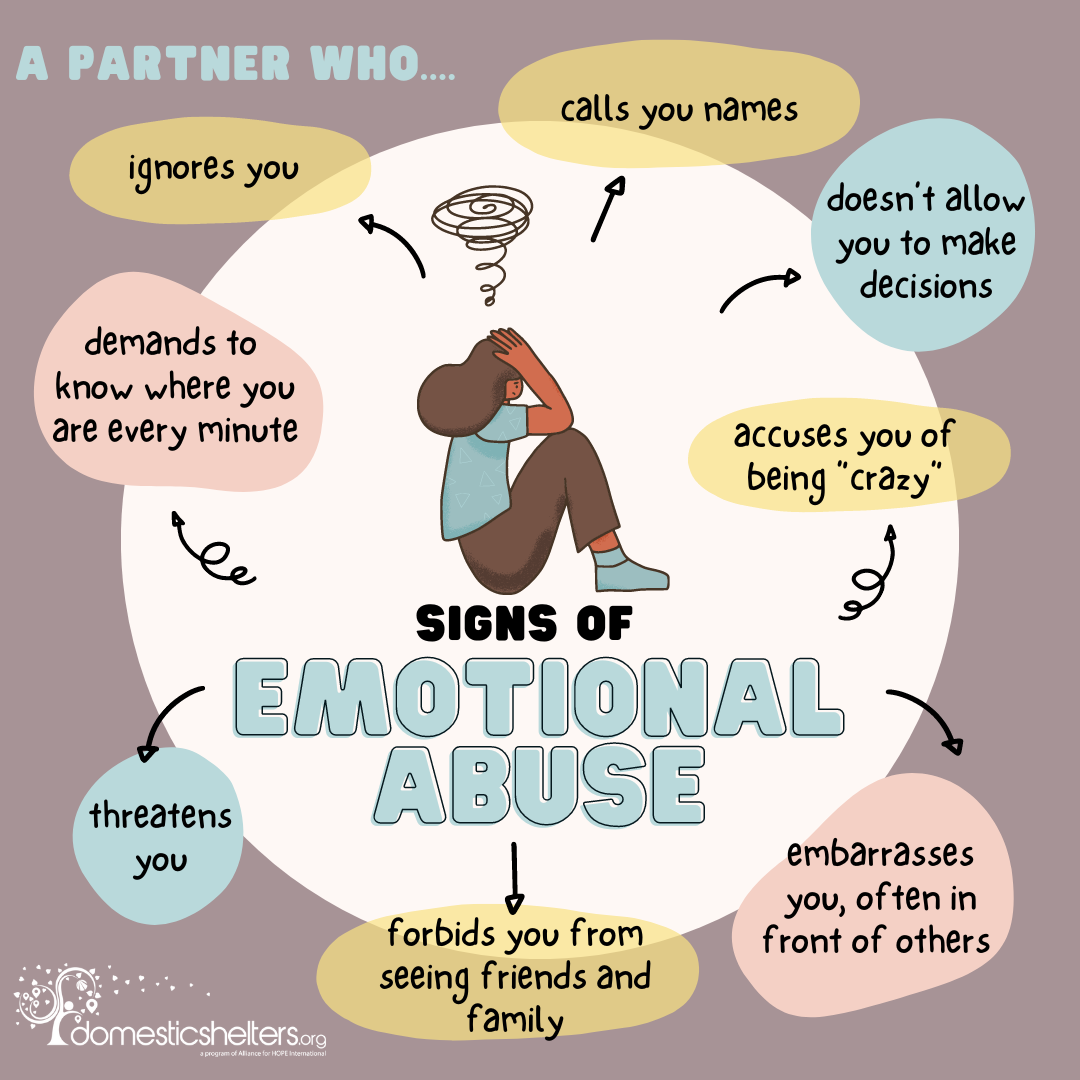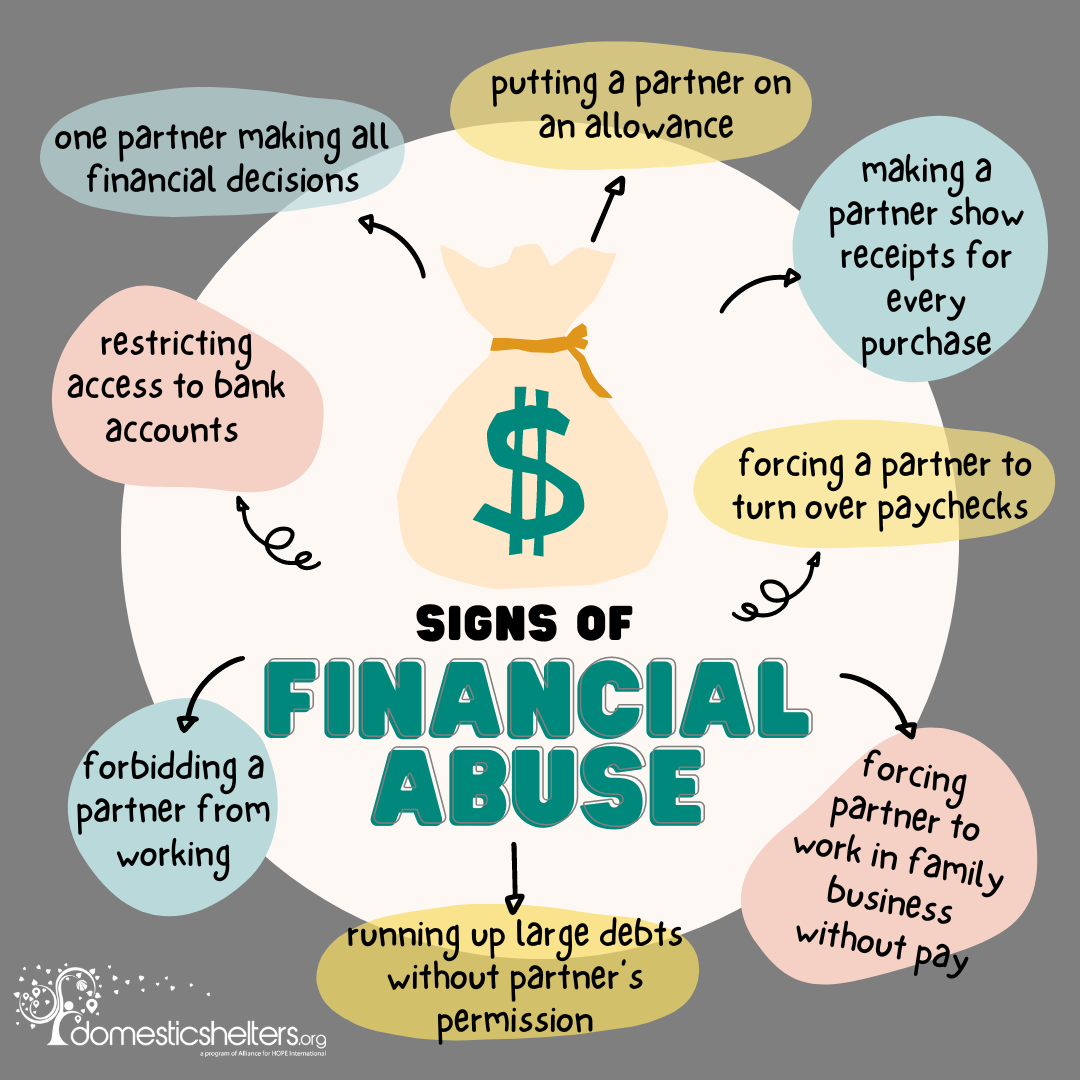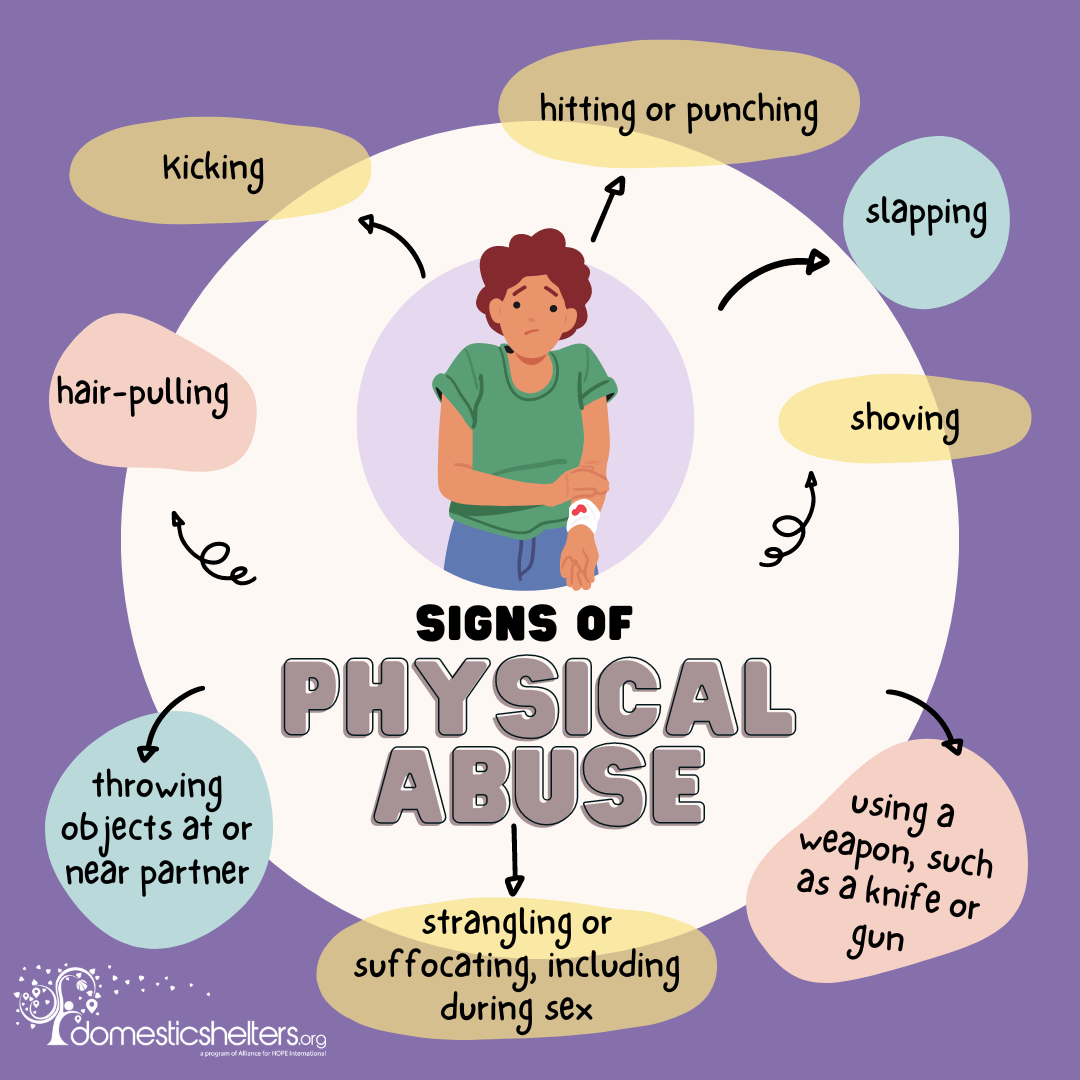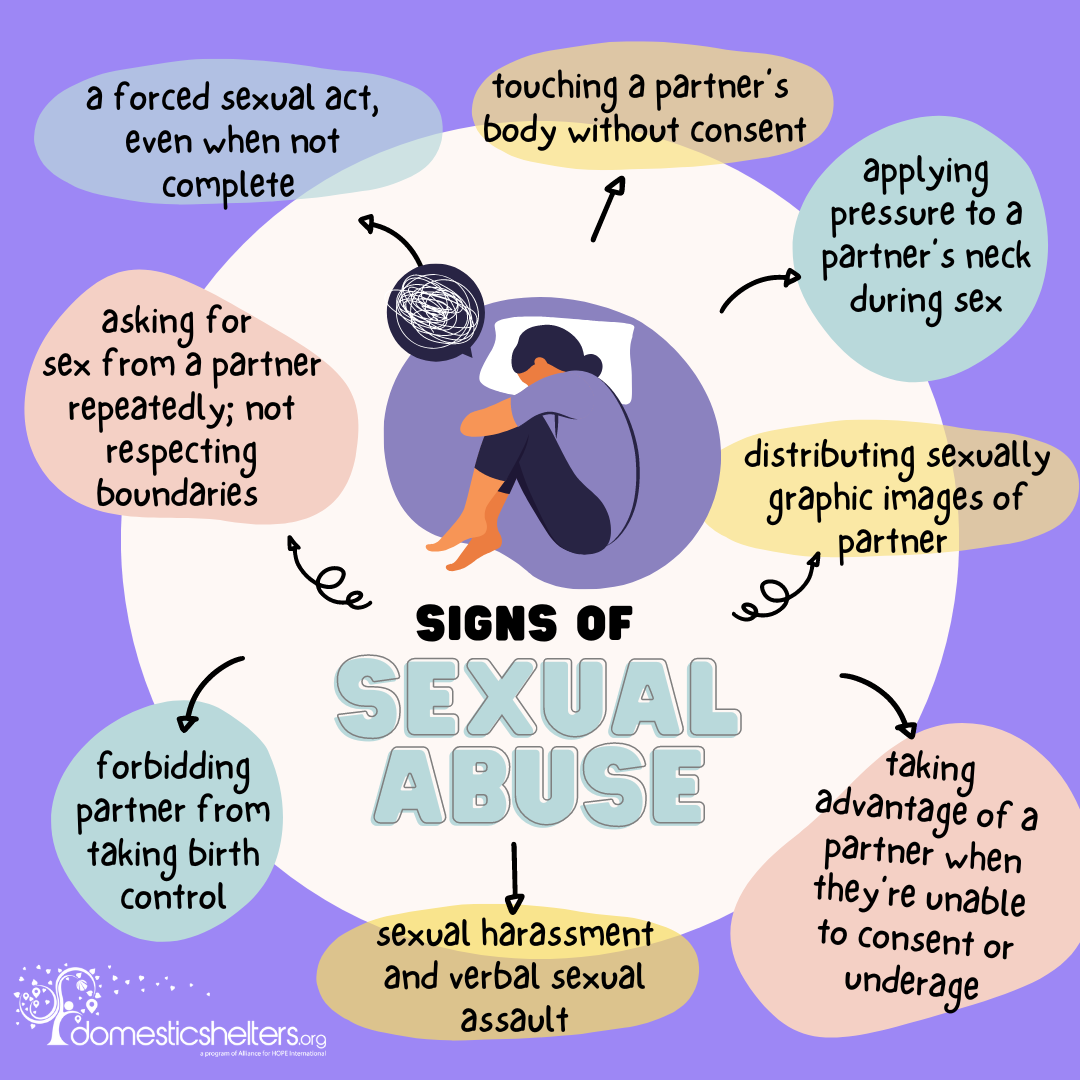1. Select a discrete app icon.

notes
Signs of an Abusive Relationship
Sometimes, domestic violence isn’t easy to see when you’re in the middle of it
- Jul 15, 2024

Editor’s Note: Yes, we did use the phrase “abusive relationship” in the headline even though this is a misnomer. A partner can be abusive, but a relationship is not. “Abusive relationship” denotes that both parties share some responsibility for the abuse when only one person is to blame—the abuser. So, why use it? Many people search for information about “abusive relationships.” We want those people to find this page and access the information they need to identify and subsequently leave an abuser when it’s safe to do so.
Relationships can be tricky to navigate whether you’ve been on two dates or married for a decade. Everyone comes into a relationship with their own quirks and baggage and you each work to understand the other person’s life experiences and perspectives. It’s not always smooth sailing, but it should be rewarding. You should feel loved and safe in a relationship, not unsure and nervous.
Many survivors of abuse question themselves after leaving an abuser—how did I miss the signs? And often, they follow up with the reflection: How did I miss the signs for so long? Friends and family members of the survivor often ask themselves that same question. How could I have missed this?
Abuse is not the survivor’s fault. And it is not the survivor’s responsibility to stop it. Abuse is a choice an abusive partner makes. And oftentimes, the abuser will use tricks like gaslighting, brainwashing and love-bombing to confuse a survivor and keep them trapped in a cycle of abuse for far too long.
Below are some of the most prevalent and some of the more subtle signs of an abusive partner. In conjunction, the more of these signs you notice in a relationship, the more you might want to consider pumping the brakes and making sure this partner is safe and that you feel safe.
Signs of Verbal and Emotional Abuse
Abuse often (but not always) starts with nonphysical abuse tactics such as verbal, emotional or psychological abuse. It can look at first like a partner has a temper. A survivor may write it off as their partner just “having a bad day” or “being under a lot of stress.” But when that verbal abuse repeats daily, escalates in severity or starts to make you feel unsafe, these are red flags.
Ask yourself the following questions to identify verbal abuse:
- Does it come out of nowhere? Verbal abuse can occur when everything else is seemingly fine in the relationship.
- Are verbal outbursts or insults beginning to happen in public and not just behind closed doors? This may be a sign of escalation.
- Is your partner tearing you down when you’re visibly happy?
- Are the insults starting to feel familiar?
- Is your partner putting down your interests?
- Does your partner avoid talking about his or her harmful actions after the fact?
- Between incidents, does everything feel like it goes back to normal?
- Do you feel isolated from friends and family?
- Is your partner defining things differently from how you see them? As in, you remember your partner exploding in anger while they describe you as the one who intentionally started the fight (this may be gaslighting).
- Is your partner using verbally abusive language toward you, aka, “You’re so stupid,” “You’d better do what I said,” or “Talk back and you’ll be sorry you did”?

There are other signs that denote emotional abuse. Ask yourself, does your partner regularly ...
... put you down, embarrass or shame you?
... call you names?
... ignore you?
... demand to know where you are every minute?
... treat you as inferior?
... purposefully embarrass you, oftentimes in front of others?
... not allow you to make decisions?
... rarely validate your opinions?
... threaten you?
... accuse you of being “crazy”?
... belittle your accomplishments, aspirations or plans?
... forbid you from talking to or seeing your friends or family, or going to work?
... keep you from sleeping?
... accuse you of cheating or is possessively jealous?
... cheat on you and then blame you for their behavior?
... tell you that you will never find anyone better?
... repeatedly point out your mistakes?
... attempt to control what you wear?
... threaten to hurt you, or your children, family or pets?
Signs of Financial Abuse
Yes, abuse can look like controlling the money. If an abuser controls the money in the relationship, they likely also control their partner who is dependent on that money to live. This is what financial abuse can look like:
- Restricting a victim’s access to bank accounts or credit cards
- Putting their partner on an allowance
- Making their partner show receipts for every purchase
- Sabotaging employment opportunities for the victim
- Forbidding the victim from working
- Forcing a victim to file fraudulent tax returns
- Intentionally ruining a victim’s credit as a way to keep them financially dependent
Physical Abuse Red Flags
Most of us probably think we could spot physical abuse if it ever happened to us. But many survivors have said after the fact that they wrote off physical abuse as a “one-time thing” … until it happened again and again. Many of us don’t want to see that a person we trust and possibly love could hurt us, which is why physical abuse is often minimized, along with all the other forms of abuse that came before it. The problem is physical abuse is rarely a one-time thing. Abusers who begin to use physical abuse almost always escalate. And the likelihood of lethality, or murder, increases as the abuse becomes more severe.
Physical abuse can look like the following:
- Kicking
- Hitting
- Slapping
- Shoving
- Shaking
- Burning
- Hair-Pulling
- Strangling (even during sex)
- Restraining against one’s will, including locking a victim in a room or tying them up
- Using a weapon such as a knife or gun against a victim
- Throwing objects at or near a victim to scare them
- Threats of violence
Sexual and Reproductive Abuse
An abuser may also use tactics of sexual and reproductive abuse. You may think your partner just likes “rough sex,” but if you’re not consenting each and every time, this is rape. And if your partner is strangling you during sex, you cannot legally consent to this.
You may think your partner is really eager to start a family, but if the person is forcing or coercing you to get pregnant, this may be a type of reproductive abuse in which getting a partner pregnant is a means of control. There are many other ways sexual and reproductive abuse can present. Do any of these sound familiar in your relationship?
- A forced sexual act, such as vaginal, anal or oral intercourse.
- An incomplete forced sexual act where sex is attempted but unsuccessful.
- Touching or hurting someone’s private areas.
- Applying pressure to a partner’s neck during sex and saying it is safe (there is no safe way to choke someone during sex)
- Noncontact sexual abuse, such as exposing one’s private parts to an unwitting victim or forcing someone to watch pornography.
- Sexual harassment and verbal sexual assault.
- Forbidding a victim from taking or using birth control, often with the intent to conceive, or forcing a partner to end a pregnancy. Then there’s stealthing, or removing a condom during intercourse without the partner’s permission.
- Distributing sexually graphic images of a partner without their consent (even if there was consent when the image was taken). This is referred to as revenge porn.
- Coercing a partner to perform sex acts in front of or involving children, which can also be a form of incest.
- Taking advantage of a partner sexually when they are unable to consent because they’re underage or a vulnerable adult, or they’re on drugs, inebriated, sleeping or unconscious.
- Asking for sex repeatedly and not respecting a partner’s boundaries.
- Saying things like, “You got me this far. Don’t you want me to finish?” or “I thought you loved me and wanted to make me happy?”
- Telling a victim it’s their obligation as a spouse or partner.
- Giving a partner alcohol or drugs in order to lower inhibitions.
- Threatening to break up with a partner unless they engage in sexual activity.
- Threatening to go elsewhere for sex.
- Withholding money or other needs if a partner doesn’t have sex.
- Saying sex is owed because your partner paid for dinner, did you a favor, etc.
If you suspect you’re in an abusive relationship, reach out to a trained domestic violence advocate through your local shelter or Family Justice Center. You don’t have to identify yourself or be looking for shelter to call a hotline or walk into a Family Justice Center. You don’t even have to want to leave. You can simply talk through what’s going on with someone who can validate your experience and help you consider next steps.
Donate and change a life
Your support gives hope and help to victims of domestic violence every day.










